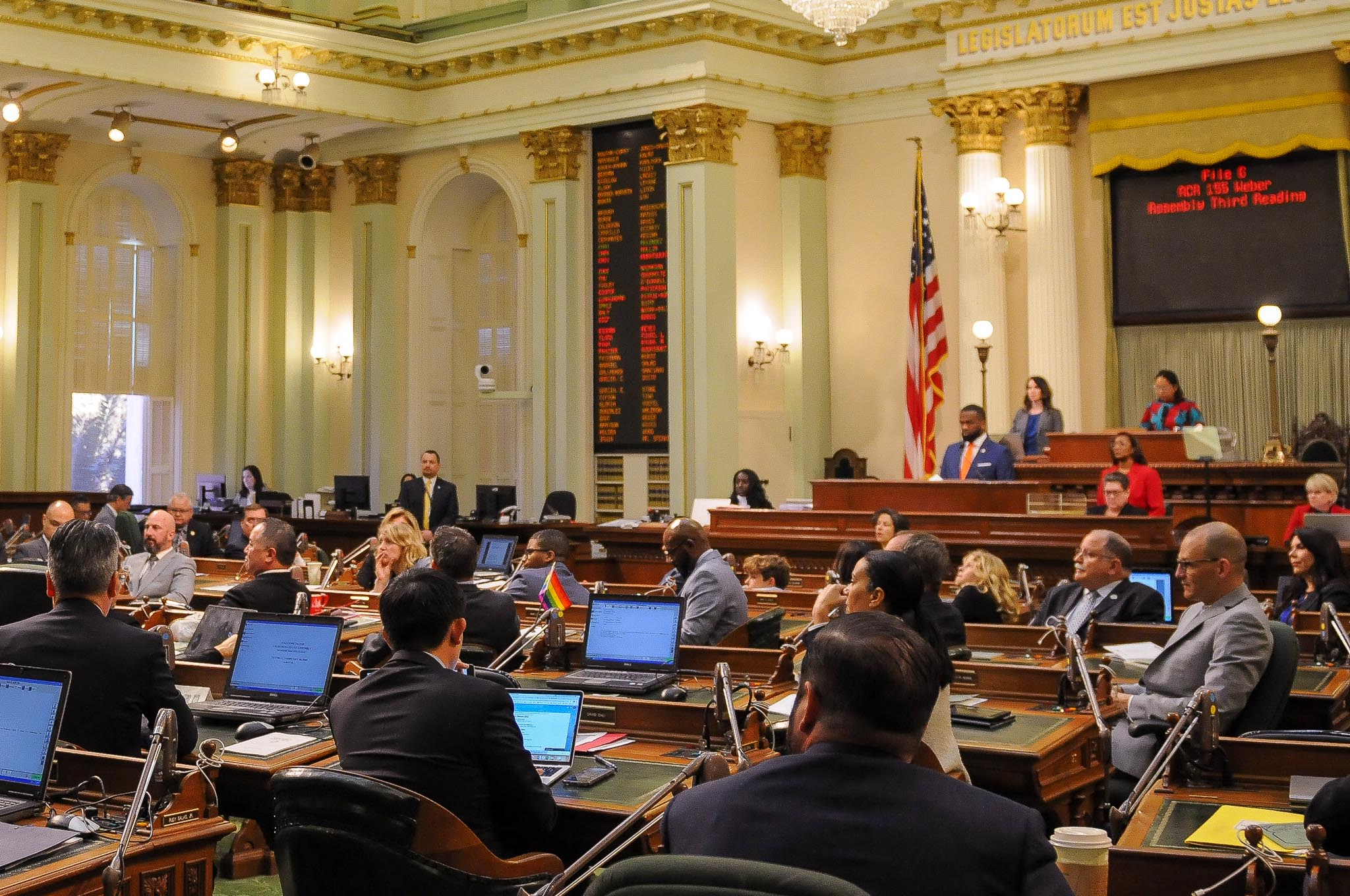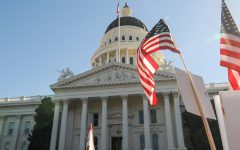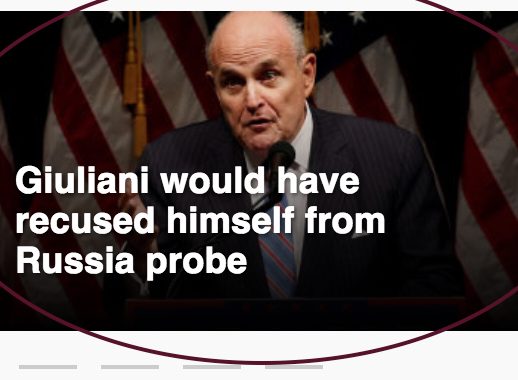
Assemblyman Marc Berman. (Photo: Kevin Sanders for California Globe)
More Lawmakers Question Stalled ‘Media Literacy’ Bill
For AB 873 to be feasible, it needs to be stripped down and journalism standards added
By Evan Symon, June 14, 2023 2:19 pm
A bill that would incorporate “media literacy” into the state school curriculum awaits a hearingby the Senate Education Committee this week following passage in the Assembly last month.
Assembly Bill 873, authored by Assemblyman Marc Berman (D-Menlo Park), would specifically require the Instructional Quality Commission to consider incorporating the Model Library Standards into the next revision of the English Language Arts/English Language Development (ELA/ELD) curriculum framework after January 1, 2024. More pertinent, AB 873 would also tack on considering adding media literacy content at each grade level. The bill would also require the commission to consider incorporating media literacy content into the mathematics, science, and history-social science curriculum frameworks when those frameworks are next revised after January 1, 2024.
The bill also goes on to say that it would be the “intent of the Legislature to ensure that all pupils in California are prepared with media literacy skills necessary to safely, responsibly, and critically consume and use social media and other forms of media.”
While media literacy is a broad term, AB 873 would cover topics such as how to get factual news from social media platforms, how to distinguish news from advertisements, and how to recognize fake news and misinformation.
Assemblyman Berman said he wrote the bill with the rise of online misinformation, confusion about facts during the COVID-19 pandemic, and the lack of critical analytical skills students have when seeking news online.
“Children today are being inundated by misinformation and disinformation on social media networks and digital platforms,” Assemblyman Berman said in a statement last month. “The last few years have been a terrifying wake-up call to the insidious nature of online misinformation, from jeopardizing public health, to threatening the foundation of our democracy, to dangerously rewriting history. Anyone who spends much time on social media could greatly benefit from media literacy training. While I can’t force adults to go back to school, we have the chance right now to teach the next generation to ask themselves: who wrote this, why did they write it, and what is the impact of sharing it? Media literacy instruction is absolutely essential to keeping our students safer online and to safeguarding the future of our democracy.”
“We need to make sure the next generation has the critical thinking skills and analytic skills to be discerning about what they’re bombarded with online. My hope is that students talk to their parents about this, too.”
While AB 873 grabbed a lot of early support, but many have also questioned the full intent of the bill, and as the Globe asked earlier this month, who exactly decides what misinformation and fake news actually is?
“A lot of people would be put at ease if a better lay out or a sample curriculum was provided,” Washington-based K-12 education consultant Jamie Fisher told the Globe Wednesday. “Like, for example, spotting a factual story. If the class goes over looking at where the info came from directly and the credibility of the person providing information, that’s fine. But if the class just says to avoid certain news sites or not to trust social media for news at all, or more dangerously, telling them what is and isn’t fake news, then there are problems. And this bill is flirting with some major issues. And that’s why the bill suddenly got a big drop off of support when it reached the full Assembly vote. A lot of them, both Republican and Democrat, began seeing those problems.”
While the bill has passed both Committees unanimously, the Assembly vote last month turned out to be more divided. While 66 Assemblymembers voted in favor of the bill, 14 decided to not vote at all, signaling that a growing number of lawmakers were having issues with the bill. While AB 873 was moved to the Senate Education Committee in May, it has yet to be heard this month. Many of the growing number of people questioning the bill are now hoping for, at the very least, amendments that would clarify the bill and to ensure that AB 873 does not turn into a political indoctrination curriculum and instead sticks to the principal of teaching students to find factual stories.
“AB 873 really needs some clarification and needs language to not be political,” added Fisher. “This is the youth of California. For this bill to be feasible, it needs to be stripped down and go to journalism standards. Who, what, where, why, how, when. Is it credible at every corner? There’s a quote from a lawmaker. Did they get that directly from an interview or from a press release? There are figures. Did they say where they are coming from? Is it linked?”
“Another stressing factor is that the bill is also not differentiating between the different types of media. Print, Radio, TV, Social – there are differences in getting the facts in each one. You just can’t give a cover-all class for that. And you also need a historical context, like bringing up what media did in the past for non-factual news like yellow journalism in the late 1800’s. There really is a lot to go over, and a lot of people fear that it will be broad strokes and be very political. The bill is a mess, and more lawmakers in California seem to be realizing it.”
AB 873 is due to the be heard in the Senate Education Committee soon.
- Rep. Kiley to Introduce Bill to Eliminate All Federal Funding For California High-Speed Rail Authority - December 11, 2024
- Trump Selects CA Lawyer Harmeet Dhillon As Assistant Attorney General For Civil Rights - December 11, 2024
- San Francisco Cruise Robotaxi Folds Following $10 Billion In Losses - December 11, 2024





Democrat Assemblyman Marc Berman claims he wrote the bill to teach public school students how to recognize fake news and misinformation? What is Assemblyman Berman’s definition of fake news and misinformation–anything that differs from the narrative of the Democrat party and the WEF globalist cabal? As a USC trained lawyer, it appears that Assemblyman Berman is ignorant of the 1st Amendment?
I wrote a media literacy curriculum in 1995 while teaching high school in Lancaster California. They offered $1000 for approved results. When they read the first draft they paid me $500, but after they read the final draft, they refused to pay the remaining $500 and did not implement the curriculum. They had encouraged media literacy by inviting an advocate to speak to district staff at a pre-season assembly. But once they saw what it was really about, they realized it was progressive and ultimately a challenge to the status quo.
Huh? Man, you could have benefited from a Media Literacy curriculum! For instance, can you identify a fact from an opinion? You should read the bill and some sample curricula before you form an opinion on it. It’s a bi-partisan issue, by the way.
Misinformation, journalism no longer is the eyes and ears of the people.